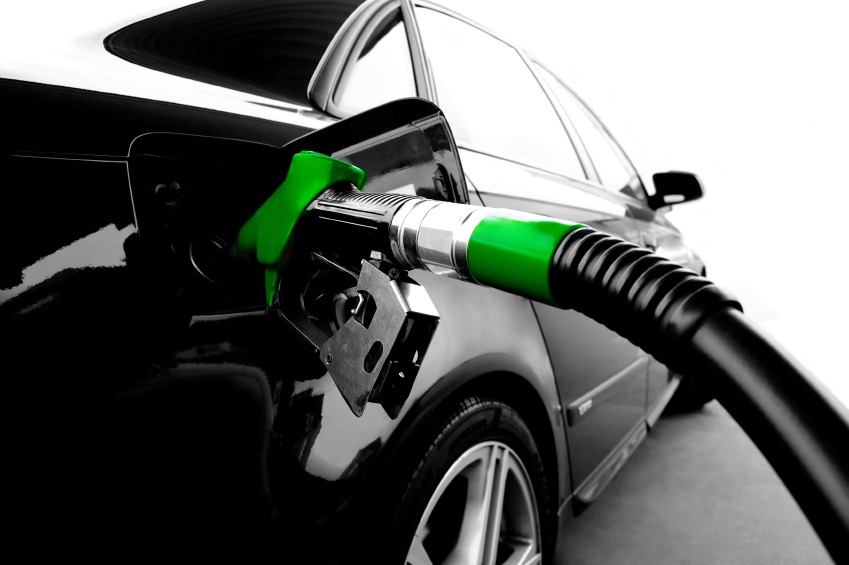Hybrid vehicles combine gasoline engines with electric motors, creating unique maintenance needs. Here’s what every hybrid owner should know:
Key Differences in Hybrid Maintenance
1. Battery System Care
-
Expected lifespan: 8-15 years
-
Warning signs of failure:
-
Decreased fuel economy
-
State of charge fluctuations
-
Warning lights (check hybrid system)
-
-
Maintenance tips:
-
Keep battery vents clean
-
Avoid full discharges
-
Professional inspection every 50,000 miles
-
2. Regenerative Braking System
-
How it works: Captures kinetic energy to recharge batteries
-
Special considerations:
-
Brake pads last 2-3 times longer than conventional vehicles
-
Fluid changes still needed every 2 years
-
System calibration required after pad replacement
-
3. Engine Maintenance
-
Unique factors:
-
Engine runs less frequently (watch for oil dilution)
-
May need more frequent oil changes despite lower mileage
-
Coolant system complexity (separate loops for battery/motor/engine)
-
4. High-Voltage Safety
-
Critical warnings:
-
Never touch orange cables
-
Disable system before repairs (special procedure)
-
Only certified technicians should service HV components
-
Cost Comparison
| Service | Hybrid Cost | Conventional Cost |
|---|---|---|
| Battery Inspection | £85-£120 | N/A |
| Brake Fluid Change | £60-£90 | £50-£80 |
| Engine Air Filter | £25-£45 | £20-£40 |
Finding Qualified Technicians
-
Look for these certifications:
-
IMI Hybrid/Electric Vehicle Qualification
-
OEM hybrid training (Toyota/Lexus, Honda, etc.)
-
-
Ask about:
-
Insulated tool sets
-
High-voltage safety protocols
-
Factory scan tools
-
“Most hybrid maintenance costs are actually lower – but repairs require specialized knowledge.”
